Study in Florence – here’s what it’s really like
Where have you lived (other than your home country) and how did you come to be there?
Well, I studied abroad for a summer in a small town outside of Florence, Italy, but I don’t really think that counts as I was surrounded by other college students most of the time.
After graduating from college, I took a year off to apply to graduate programs in art history. To differentiate myself from other applicants—and to ensure that I could read all the relevant art historical scholarship—I decided to work on my foreign language skills. First, I moved to Berlin, where I enrolled in a German language school. After seven months, I then headed to Rome, where I spent three months studying at an Italian language school.
Following a short reprieve in New York, I was back in Italy, this time to complete my MA in Renaissance Art History. Over a three year period I slaved away in the archives, taught students from around the world, and soaked up the historic atmosphere of Florence.
How was your masters in Italy?
As an art historian, it was heaven. You cannot beat waking up knowing that you were surrounded by incredible architecture, world-class museums, and archives filled with enough documents for lifetimes of research. This also made teaching a blast. It’s easy to get students to engage when they’re standing in front of a statue by Michelangelo or a painting by Leonardo.
Meeting people in Florence was incredibly easy. The city attracts students, professional academics, and vagabonds from around the world, all of whom seem to inevitably congregate at the same cafes, libraries, and bars. The Florentines themselves can be a bit cold initially—probably a product of the hordes of tourists with which they deal—but I found the Italians from other parts of the country to be incredibly welcoming and open.
Tell me what to see in Florence…
While central Florence is dominated by over-priced trattorie specializing in underwhelming tourist dishes, the city has tons of excellent restaurants hidden in alleyways or on the periphery.
I was fortunate enough to have befriended a good number of excellent cooks—some of whom were employed as chefs—so eating in was often tastier than eating out.
Because Florence has so much to offer, there are lots and lots of tourists. In fact, from March until October, the city center turns into a pseudo-Disneyland. Despite not living on a main street, each day multiple hundred-plus person tour groups would parade past my front door—snapping pictures along the way.
Lines at the markets and the grocery stores would triple in length. Museums like the Uffizi would basically become unvisitable due to the sheer number of people trying to cram themselves in at all hours of the day. Out of necessity, I developed a number of ways to avoid the crowds in Florence—something I wrote about here.
Despite these occasional inconveniences, I still loved my time in Florence. Few places on Earth are as steeped in historical achievement and artistic beauty. Yet, these same qualities ultimately led me to leave Florence. After three years, I began to take the wonders around me for granted. I was no longer in awe when I saw the Duomo, and sunset spritzes just didn’t taste as good.
At the same time, the community’s unwavering support for tradition in the face of innovation did nothing to stimulate my personal and professional development. And so, I eventually made the difficult decision to voluntarily leave a place that to most outsiders seemed like paradise.
What’s your biggest highlight from studying and living overseas? What have you really loved?
Without a doubt, the best part of my time abroad has been the relationships I’ve formed with the people I met. Naturally, spending more time in one place allowed me to form bonds with the locals—an invaluable resource when trying to uncover the best things to see, do, and eat. But places like Berlin and Rome also attract adventure-seeking individuals from around the globe. Years of cross-cultural conversations with people from places like Pakistan, Macedonia, and Brazil have greatly enhanced my understanding of life, the world, and humanity. I cannot put a price on this education, nor on the bonds we have created.
And the downsides to study abroad in Italy and slow travel?
It can be hard to be separated from your family and friends for an extended period of time, especially with this absence forces you to miss important life events like weddings and graduations. Thankfully modern technology allows you to connect with anyone at almost anytime, but nothing can replace actually being there. Still, I wouldn’t trade my time abroad for anything!
Your number one travel tip? And your best study abroad in Italy tips?
Slow down! Living in multiple locations abroad for extended periods of time almost forced me to transition from the traditional mindset of a tourist (you’ve got to see as much as you can on your trip or else you’ve failed) to that of a traveler (take the time to acknowledge what’s around you without worrying about the next thing on your to-see list). By embracing this slowed-down form of travel, I inevitably opened myself up to more interactions with the locals, became involved in more random adventures, and gained a better understanding of the people, places, and things I encountered.
I recognize that integrating it into your next trip can seem difficult—at least at first. After all, many people have a limited amount of time off work to travel each year; shouldn’t they maximize every minute of that?
Yes, they should. But hurrying from museum to museum or city to city is not the way to do that. Ensuring that you take the time to fully appreciate everything you do while traveling is and I guess that constitutes my best tips for studying abroad in Italy or anywhere.
How exactly could someone else follow in your footsteps? What could they do to travel more or even study abroad in Europe?
Traveling more is a conscious decision; you have to make it a priority. Since most of us don’t have unlimited funds, you need to adjust your spending habits to save up for it.
This can be as simple as brewing your own coffee or ditching cable (I’ve written a list of 19 ways to save money for travel here). And if you’re willing to take the time to do the research, there are ways to get almost all of your trip fees paid for, such as WWOOFing, or working as a tour guide.
Even if you can’t leave home right now, you can still get many of the same benefits that travel provides. Simply apply the mindset you have on the road to your everyday surroundings. Undoubtedly, you’ll find a new appreciation for the things around you—and maybe you’ll even discover something new!
Where will you go next?
I JUST got back from a trip to Cuba—you can learn more about what I discovered here—so I will be at home for at least a few weeks. But I’m hoping to visit the western United States in March, checking out the Redwood forests and California beaches along the way. Later this summer I’m planning on taking an extended road trip through the Balkans with some old friends.
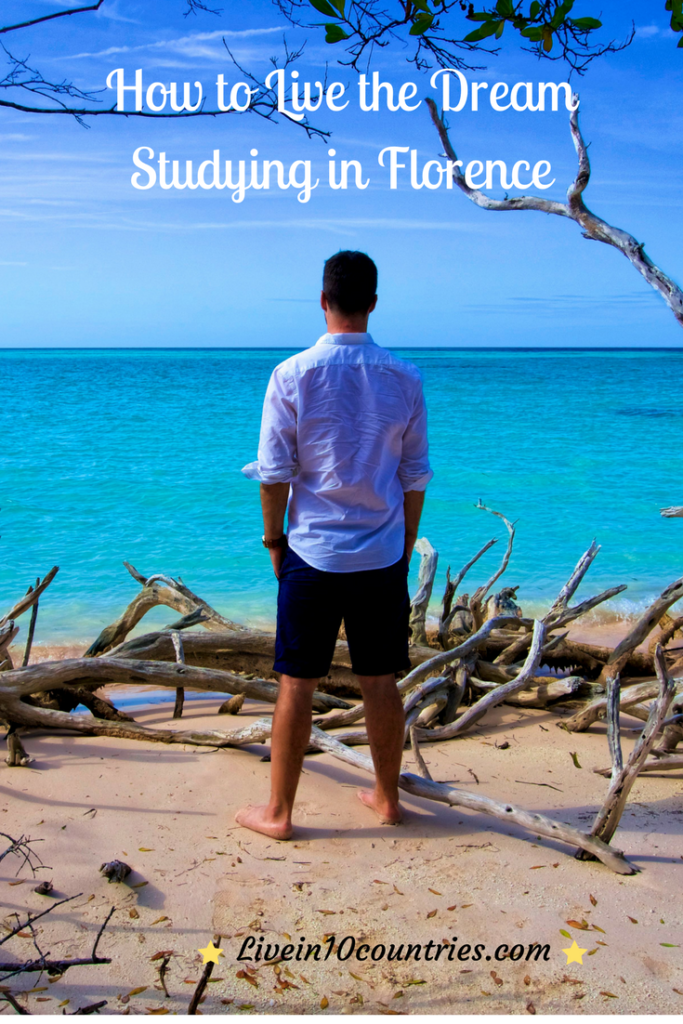
—
Andrew has spent the majority of the past five years traveling and teaching throughout the world. His goal is to help people become the best person they can by connecting you to life-altering travel experiences. Take the first step towards your dreams by exploring his website AuthenticTraveling.com, or by following him on Twitter or Facebook.
Have these study abroad tips given you food for thought? Do you have questions or concerns about studying in Italy or Europe in general? Keen to travel slow? Put it all in a comment below. I hope this post could be a resource for anyone looking for a genuine experiences studying in Italy blog.
- The best destination for your Working Holiday Visa - July 14, 2024
- The Enchanted Glade Glamping Review - April 23, 2024
- How to get a working holiday visa for the UK – a full guide - March 21, 2024
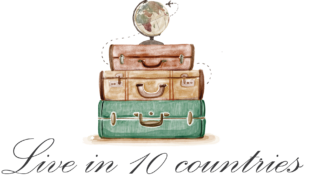
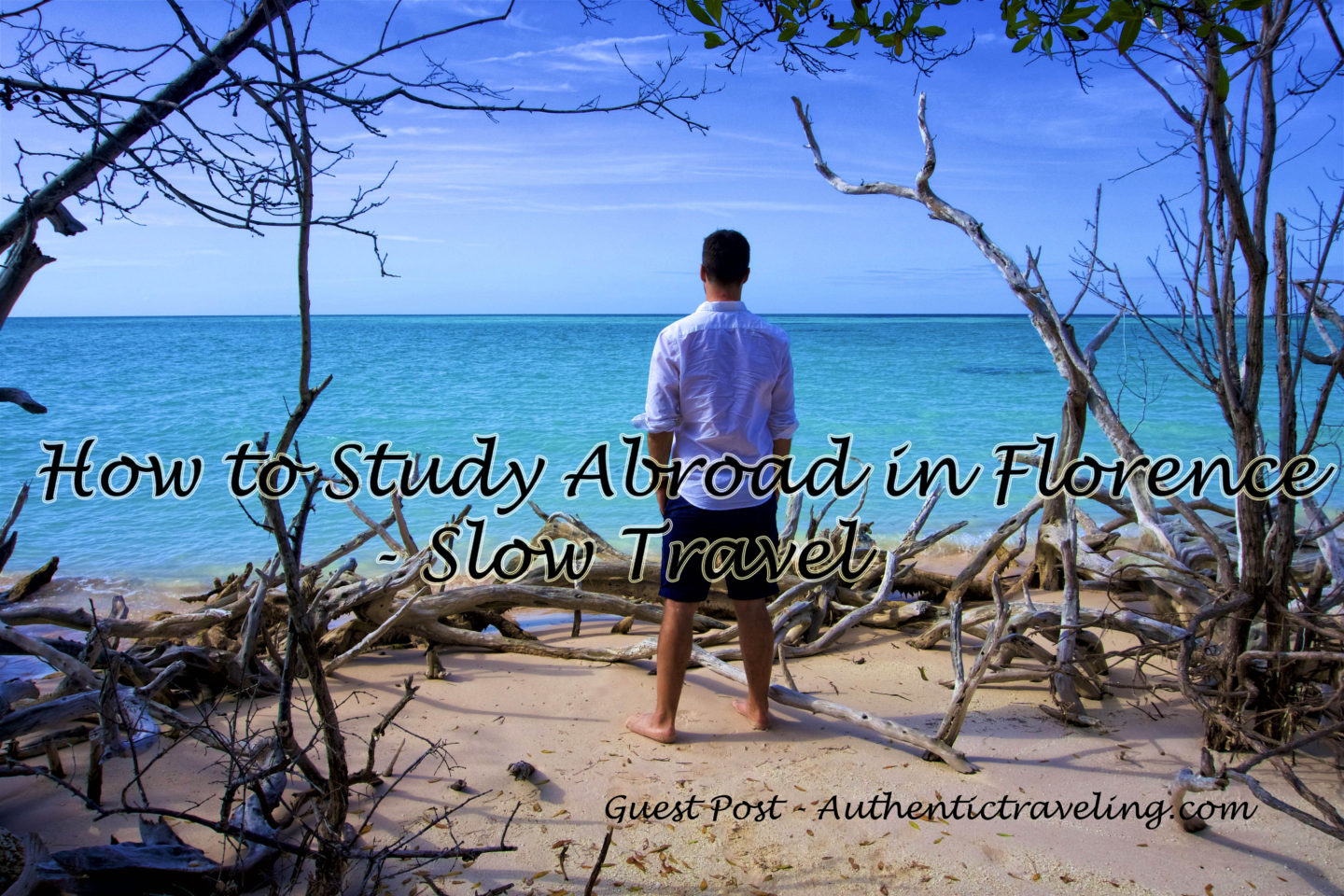
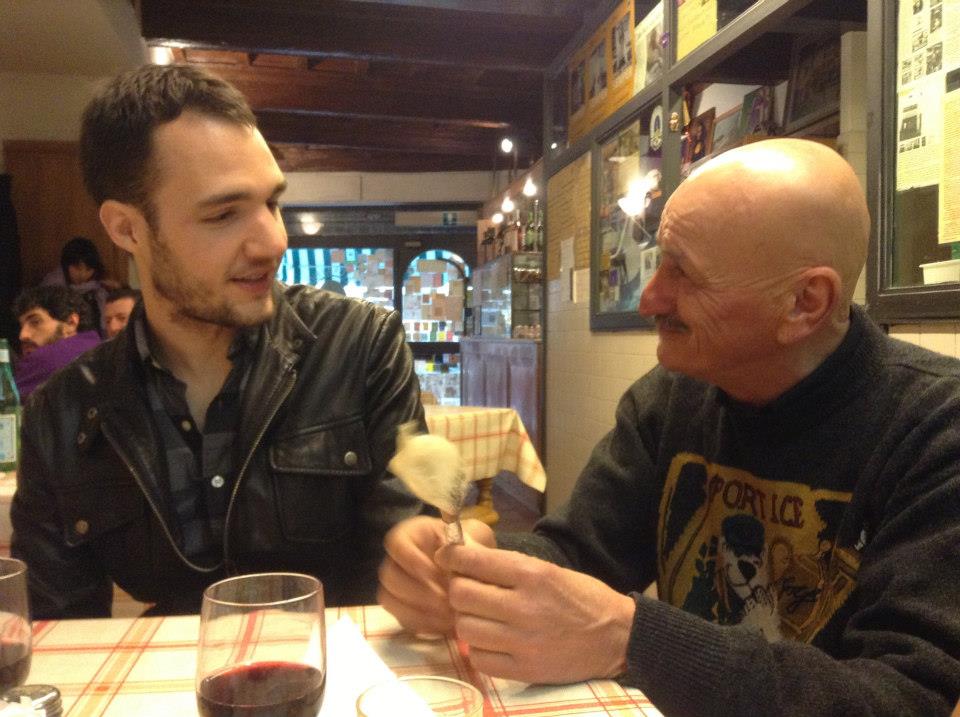
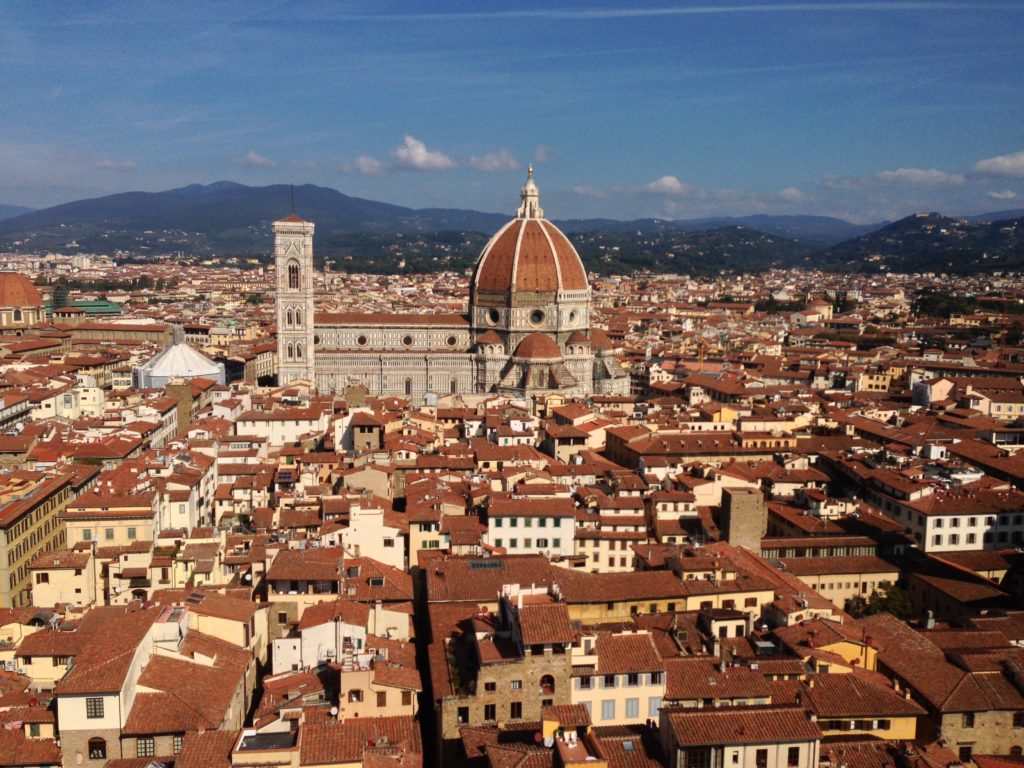
This brings back so many memories! I also studied abroad in Florence but it was now 10 years ago! I got to revisit again a few years back and relive all those awesome college memories! I think anyone who has this opportunity available to them should take it! Great advice!
For an art historian, I can’t imagine a better place to be based then near Florence, Italy. I can’t even imagine all the daily inspiration and beauty that you would be taking in as part of your studies and walks through town.. Also amazing that you studied different languages. Being based in Europe is so great for that and although I have a lot to improve, I love switching between my bad Spanish and Portuguese and picking things up as I go.
Florence is so beautiful, it would be a real godsend if one were able to actually study there. A great setting especially for students of history and art. Slow travel is ideal to get an immersive experience, but many times we need to juggle priorities and try to optimize the travel time. Under such scenario, unfortunately, we try to cram in more. But yes off late we are consciously making efforts to slow down and savour the travel experiences.
My best friend studied abroad in Florence and absolutely loved it! I actually went to visit her for a long Thanksgiving Break. I didn’t get to travel abroad because it’s so expensive! Slow travel is definitely the best method though!
I never did study abroad and I really regret it. I wanted to go study in Tokyo since I studied Japanese in college but it just wasn’t possible. I’ve been to Florence once in high school and it did seem like the perfect place for an art historian to study. It was super crowded though so I’m glad you have tips to avoid the crowds.